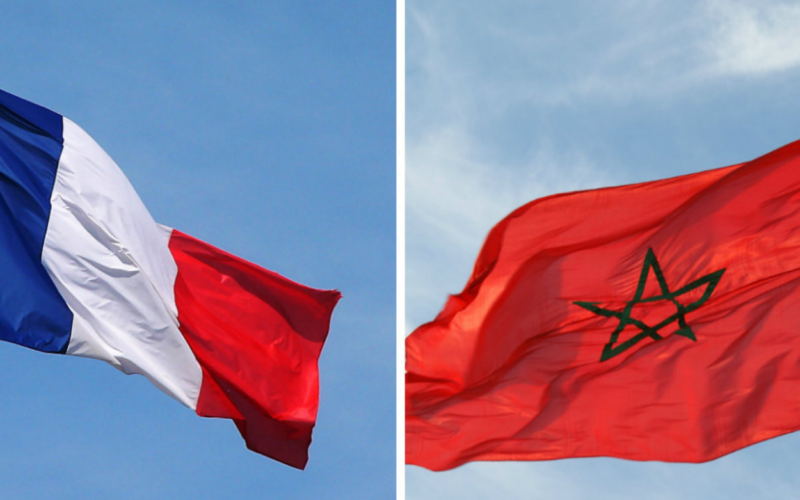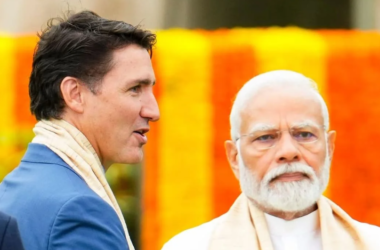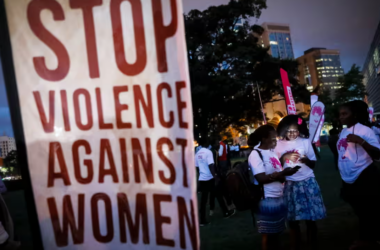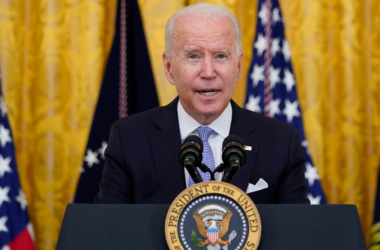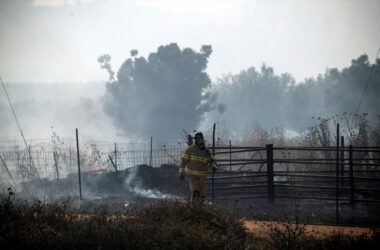The Western Sahara conflict stands as one of the most enduring and contentious territorial disputes in modern history. Nestled between Morocco and Mauritania, this region has been the subject of prolonged disagreements between the governments of France and Morocco. The struggle for control over Western Sahara has spanned decades, leaving the local Sahrawi population in a state of uncertainty and geopolitical tension at an all-time high.
The roots of the Western Sahara conflict can be traced back to the era of decolonization in the mid-20th century. Following Spain’s withdrawal from the region in 1975, both Morocco and Mauritania claimed sovereignty over Western Sahara. The Sahrawi people, indigenous to the area, sought their own independent state, the Sahrawi Arab Democratic Republic (SADR). The ensuing armed conflict between Morocco, Mauritania, and the Sahrawi liberation movement, the Polisario Front, resulted in Mauritania’s withdrawal from the conflict in 1979, leaving Morocco in control of the majority of the territory.
France’s role in the Western Sahara conflict has been a subject of contention and scrutiny. Historically, France has maintained close ties with Morocco, viewing the nation as a strategic ally in the North African region. This relationship has led many to believe that France has, to some extent, supported Morocco’s claims over Western Sahara. Paris’ stance on the issue has, in turn, been a source of friction with other international actors who advocate for the self-determination of the Sahrawi people.
The Western Sahara conflict remains unresolved due to a series of complex factors. Central to the issue is the question of self-determination for the Sahrawi people. The United Nations, through various resolutions, has consistently supported the right of the Sahrawi population to decide their own political future through a referendum. However, this referendum has yet to materialize, primarily due to disagreements over the voting process and who is eligible to participate.
Furthermore, the issue is further complicated by the extensive natural resources present in Western Sahara, including phosphates and potential offshore oil reserves. The control and exploitation of these resources add a significant economic dimension to the conflict, with both Morocco and the Sahrawi Arab Democratic Republic vying for their share.
Resolving the Western Sahara conflict is a complex undertaking, but not an impossible one. A comprehensive, internationally-mediated dialogue between Morocco, the Polisario Front, and other relevant stakeholders, including Algeria, which supports the Sahrawi cause, is crucial. This dialogue should aim to address the core issues of self-determination, resource allocation, and the overall governance of the region.
The Western Sahara conflict remains an unresolved dispute that continues to cast a shadow over the geopolitics of North Africa. As the Sahrawi people continue to seek self-determination, finding a path towards a peaceful and just resolution remains a global imperative. With concerted efforts from all involved parties, a fair and lasting solution can be achieved, paving the way for a more stable and prosperous future for the Western Sahara region.




